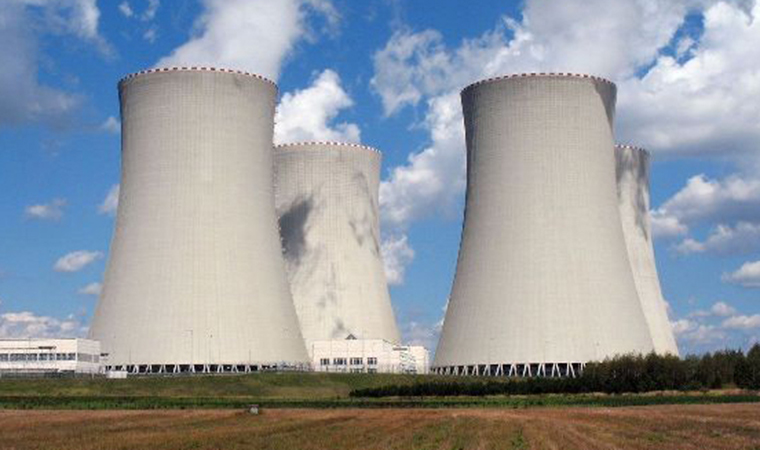
Focus on overseas projects
back to contentsSergei Kirienko visited Cairo to discuss financial and technical aspects of the Russian proposal to construct the first nuclear power plant in Egypt. Abdel Fattah al-Sisi confirmed that the two countries had strong historical ties and preferential relationship. Al-Sisi also noted that Egypt needed sources of electric power to fuel its growing economy.
In February 2015, Russia and Egypt had signed an agreement for the development and construction of the first nuclear power plant in Egypt. Rosatom is prepared to build near El Dabaa a state-of-the-art nuclear station compliant with post-Fukushima safety standards. Having four 1,200 MW reactor units, the station will be combined with desalination plants to solve a vital task of providing fresh water for the country. Apart from building a nuclear power plant, Russia is prepared to supply nuclear fuel, develop a regulatory framework and train nuclear personnel. If Rosatom’s effort is implemented in full, the nuclear industry will be built in Egypt from scratch.
Rosatom CEO has visited Cairo for the third time this year. Last August Sergei Kirienko had a meeting with President Al-Sisi during his visit to Moscow. The NPP construction contract is expected to be signed by the year end. But Egypt is not alone in its nuclear plans. Jordan is another country that might sign an NPP construction contract this year, says Khaled Toukan, Chairman of the Jordan Atomic Energy Commission.
Speaking at the international forum of nuclear industry suppliers on 13 October, Sergei Kirienko noted that Rosatom would focus on international markets as domestic demand for electric power decreased on the back of deteriorating economic conditions.
Rosatom’s focus on foreign markets is obviously reasonable, says Sergei Pickin, Director of the Energy Development Foundation. “Energy-deficient regions are no exception in the world, among them Latin America, Middle East and India. Civil nuclear development and construction of highest-safety nuclear stations are priorities of our national nuclear industry. The reason is that nuclear is one of just a few examples of high-tech products and advanced technologies, rather than natural resources, sold by Russia on international markets. Rosatom’s portfolio of international contracts proves that the company is a global industry leader on a par with international nuclear majors.”
Dmitri Baranov, a senior expert at Finam Management, supports this viewpoint. According to him, the focus on overseas markets strengthens global position of the company and improves Russia’s image across the globe. “Besides, international projects are a perfect opportunity to build expertise and tap into it later, in domestic projects or in other countries. It is clear that these projects will bring benefit to the national economy – either as taxes paid by Rosatom Group or as new contracts for Russian companies and jobs in the industry – and improve social climate in many communities.” Baranov asserts.
He is not concerned with the change in direction of Rosatom’s development because it will in no way affect the domestic nuclear industry. “Major projects will be continued, though at a little slower pace, and so will the development of other businesses of the state nuclear corporation. There is no doubt that domestic projects will be accelerated as soon as the crisis is over. The company has all the necessary means and resources for this purpose. This will not be done at the expense of overseas projects, and foreign customers have nothing to be afraid of. Rosatom is able to carry out national and international projects simultaneously and will meet its obligations in full and in time,” the expert concluded.




